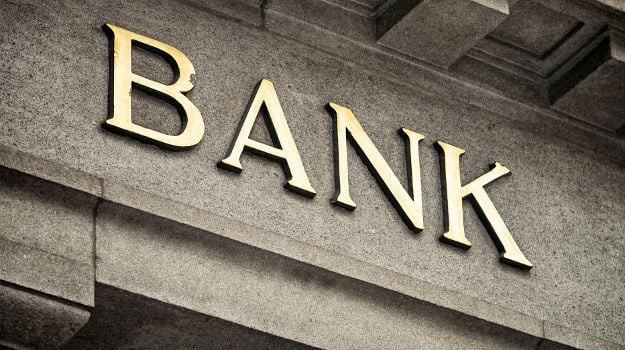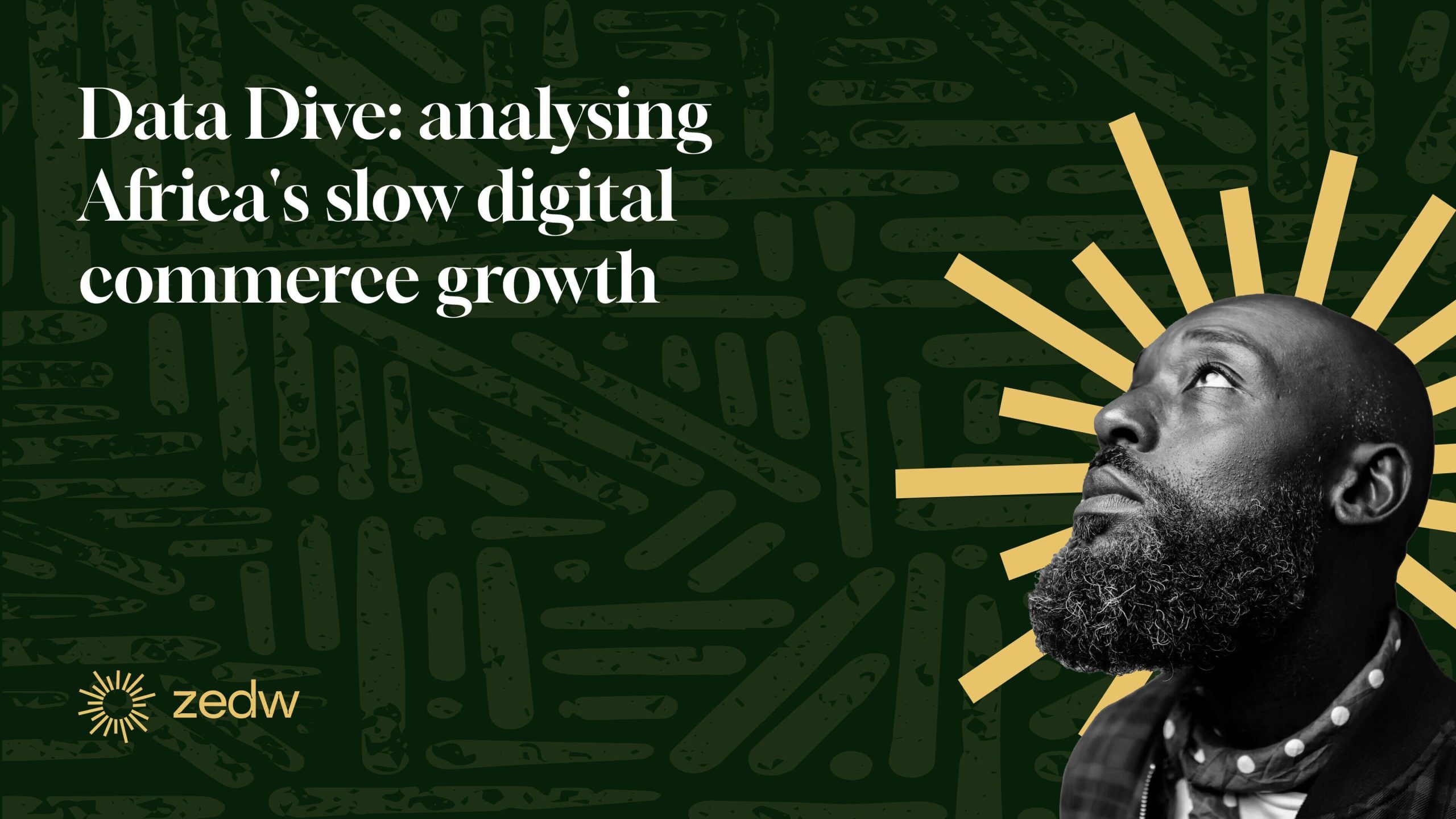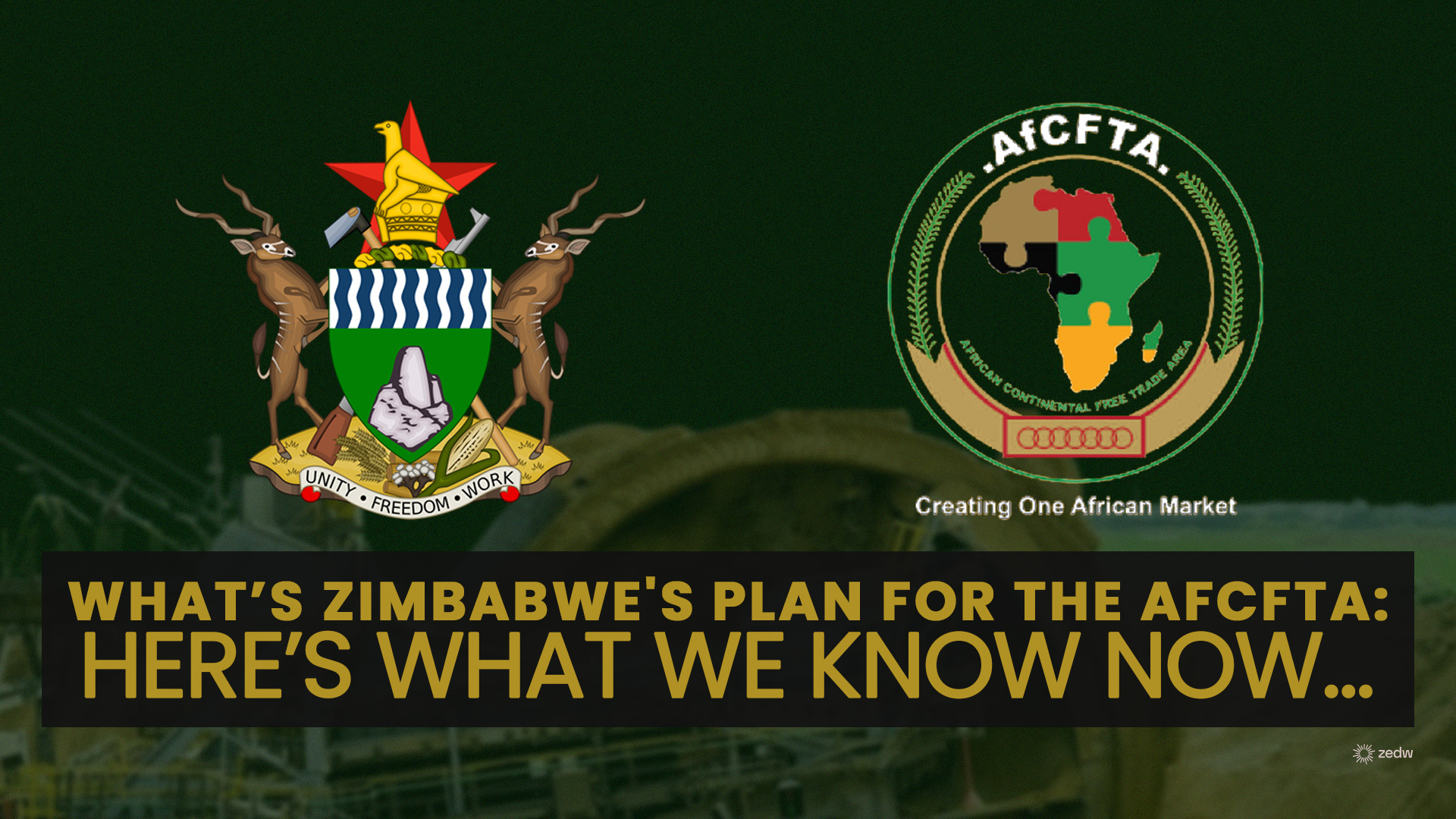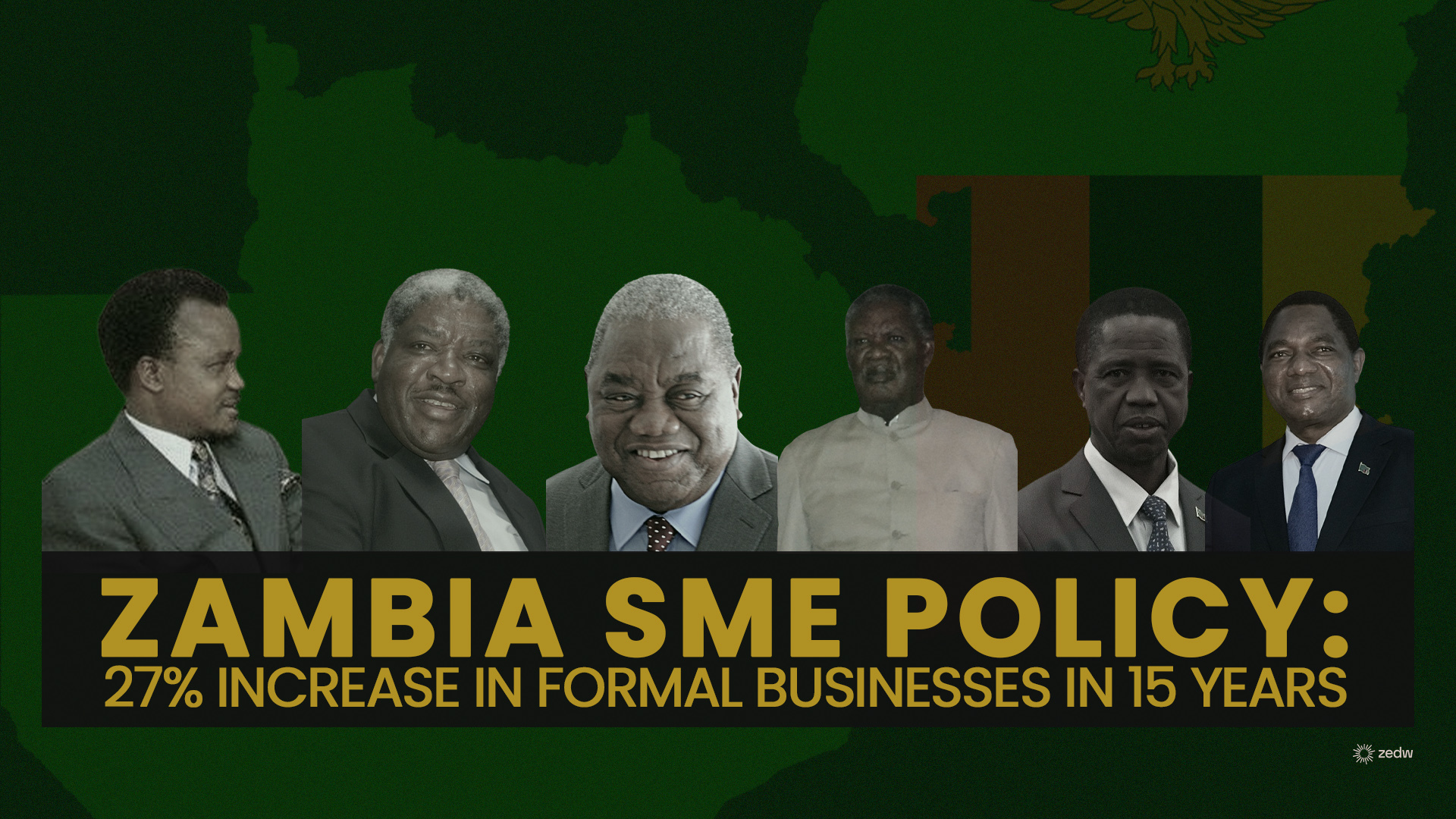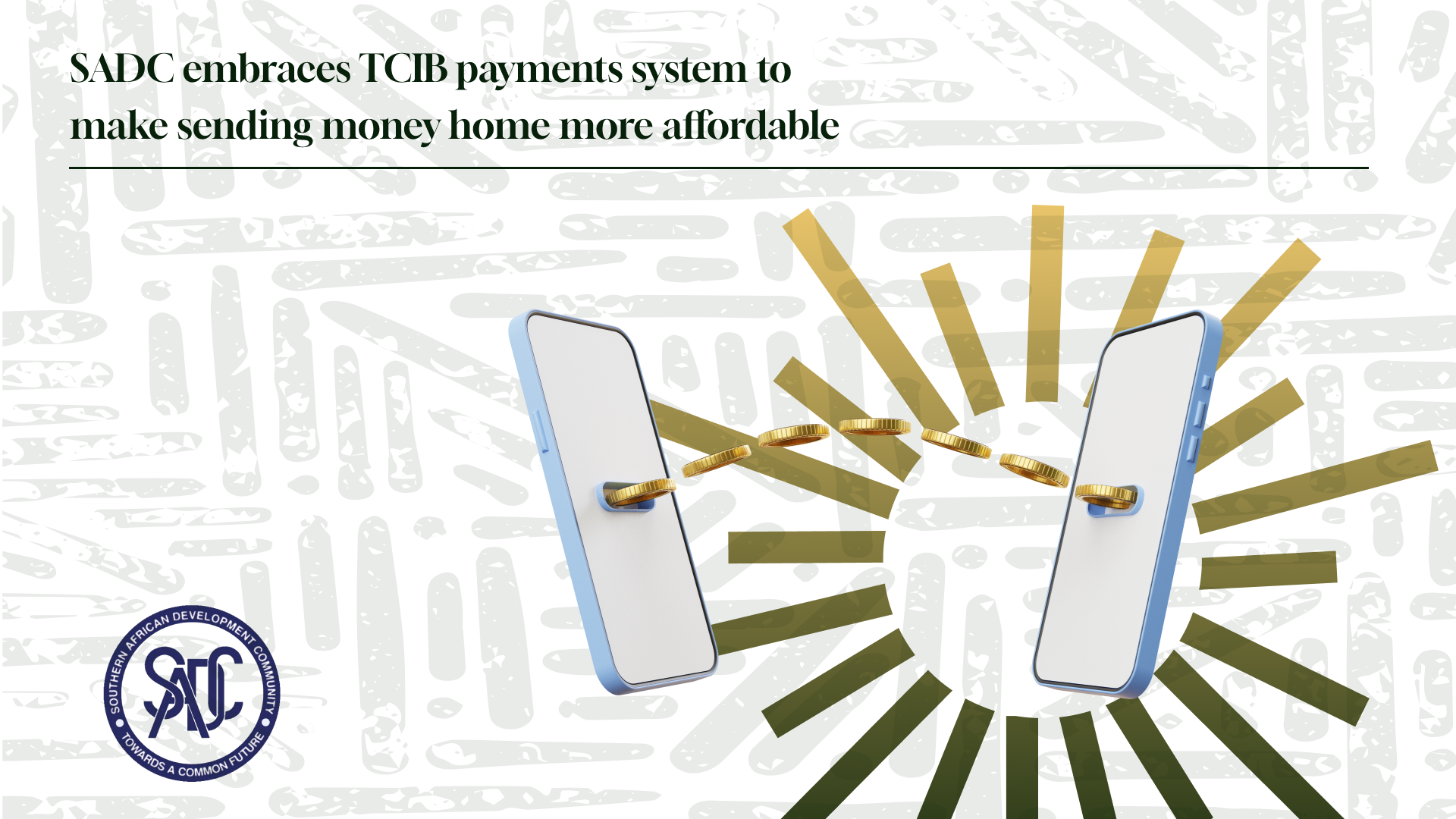The Reserve Bank of Zimbabwe’s (RBZ) Quarterly Microfinance Report for Q2, 2022 revealed a decline in active bank accounts in Zimbabwe.
| March 2021 | June 2021 | September 2021 | December 2021 | March 2022 | June 2022 | |
| Total of Bank Accounts | 9.06 million | 7.17 million | 6.69 million | 8.17 million | 7.76 million | 6.95 million |
| Number of low-cost accounts | 5.82 million | 4.41 million | 4.45 million | 4.78 million | 4.83 million | 4.22 million |
The total number of active registered bank accounts fell by 2.11 million since March 2021. While low-cost accounts also saw a gradual fall over the quarters.
According to the RBZ, the decline was attributed to the “withdrawal and/or closure of branches in some service centres across the country by some banking institutions as part of the branch rationalisation process contain costs.“
That’s just a fancy way of saying, bank branches are expensive and a wide array of them is not sustainable in the current economic climate.
Strangely there has been a massive ruckus over EcoCash’s 3.1 million subscriber loss since 2020 but scarcely a word about how the banks are bleeding faster than the country’s largest mobile money operator.
- 2020 – 10.8 million
- 2021 – 8.4 million
- 2022 – 7.7 million
But why are bank accounts falling when the traditional financial should, for all intents and purposes, be on the ascendancy?
The pendulum should have swung from EcoCash to the bank
There was a notion back in July 2020 that the Reserve Bank of Zimbabwe (RBZ) was reintroducing the banking sector monopoly in the financial services sector when it anointed ZimSwitch the National Payments Switch.
This directive also saw EcoCash finally being brought in under the same roof as all the other financial operators in Zimbabwe. For the very first time, you could seamlessly send money from any local currency account (mobile money or bank account) straight to an EcoCash wallet and vice versa.
The advent of the age of interoperability was thought to bring an end to the reign of EcoCash’s grip on financial services. This was made doubly complicated by the directive that brought a raft of transaction limits to EcoCash and other mobile money operators…
The utility of the mobile money wallet is ailing because the transaction limits and the accompanying charges mean that it was foolish to rely on EcoCash as one’s primary financial services provider.
Limits Limits Limits…
If you, for example, look at the current monthly transaction limits for EcoCash, you will see that it is extremely difficult to rely on mobile money.
| Transaction | ZW$ | US$ @ Official Rate (632) | US$ @ Speculated Parallel Rate (800) |
| Peer-to-peer | 280,000 | 443 | 350 |
| Bill or Merchant Payment | 400,000 | 633 | 500 |
This is made worse by the fact that every user is limited to ZWL$50,000 per transaction for peer-to-peer and ZW$100,000 for merchants and bill payments.
An example of how stacked the deck is against mobile money is by looking at the interbank ZIPIT transaction limits. You can send (peer-to-peer) a maximum of ZW$600,000 (US$750 speculated street rate) per month with each transaction being restricted to ZW$150,000.
Those figures are more than what a merchant can receive via EcoCash. This means that we are all less likely to use mobile money and rely on banks because the ZIPIT limit is, by comparison, generous and there is also the RTGS transaction layer which doesn’t face as much of a restriction as ZIPIT albeit it can take up to 48-hours to process.
Which average Zimbabwean is earning enough to spend more than the mobile money limits?
That argument is valid because according to Business Times the lowest paid civil servant is getting about ZW$36,000 a month which is far below the daily allowed transaction limit. However, when you put that figure in USD terms even at the current auction rate, that’s about US$57, which is peanuts.
But, as we all know, Zimbabwe’s Economy is largely informal and many people in that market probably process transactions that are far and well above the value of the mobile money transaction limits.
So… why are active bank accounts on the decline?
It is really strange because one would assume, with the barrier to entry for bank accounts being lowered to the point that you can open one on any mobile device, we would see the numbers of low-cost and Full KYC accounts rise…
The banks pulled an EcoCash on EcoCash by bridging the divide for those who would have to travel to a branch to physically go through the song and dance of opening an account.
As good as this all is there is however a problem… If you open a bank account on USSD, for example, you will get an account number from which you can receive and send money through that very same USSD platform.
However, you will still have to travel to collect a card so that you can use it at point-of-sale (POS) machines in shops. Even though you can transact peer-to-peer when it comes to purchasing goods from shops that only have POS machines to get payments from bank accounts you are left in a difficult position.
The situation is made even worse because, as earlier disclosed by the RBZ, bank branches are being closed which means if you open an NMB account via its *241# USSD platform, for example, and let’s say you live in Kadoma. You will have to drive an hour to Kwekwe to access a branch. That’s if you won’t need to travel 142 kilometres to Harare because that’s where NMB’s Digital Banking HQ is…
This is further compounded by the fact that Zimbabweans want to preserve value and that’s impossible right now with the local currency. Most people resort to converting any ZW$ they have to USD and leverage the street rate against companies that are using the official exchange.
Additionally, there are no incentives to put USD in the bank because you will be charged the Intermediary Money Transfer Tax (IMMT) per transaction. And for those who earn a lot of money in USD, you will be charged a 2% withdrawal fee for amounts above US$1,000.
Cold Hard Cash is the only way to circumvent restrictions, charges, taxes and preserve value
For the mattress banking informal economy, there is no real reason to transact digitally or through formal channels. Why put yourself at the mercy of policy changes and bank charges when you can simply hold cash?
If you go to any of Zimbabwe’s high-density area informal marketplaces you will not see a POS machine in sight. They are more likely going to have EcoCash but they typically quote and expect payment in USD.
Even in upmarket areas, some are now defaulting to pay in USD because the official and the parallel market rates are closer than they have ever been. If you are in a bind, it would be better to save time than scour the streets looking for a money changer with an acceptable rate.
Moreover, even if you trade USD for ZW$ and receive it in your bank or mobile money wallet, you will have to contend with charges…
Now, this is not a call to abandon financial services, but more of one to say the financial authorities need to give Zimbabweans a reason to trust the system again.
Also read
Ease is one of the better-designed EcoCash alternative apps out there – As I was scrolling through the Google Play Store (as anyone does in their free time), I encountered an application called Ease which is a facilitator or alternative for mobile money platforms like EcoCash and others. And I think it is one of the better-designed alternative EcoCash payment applications out there…
Cover Image Credit: News24

